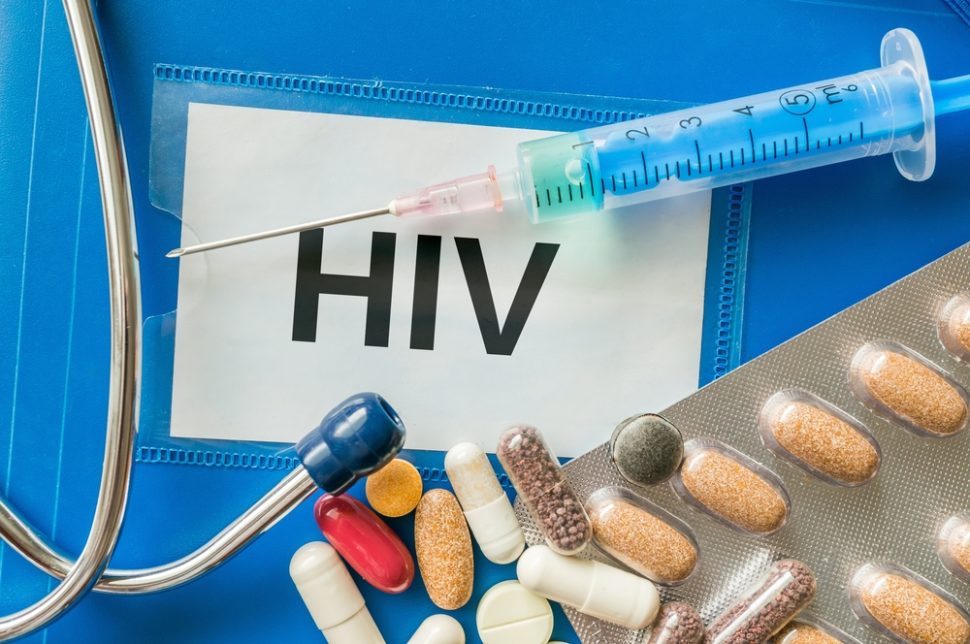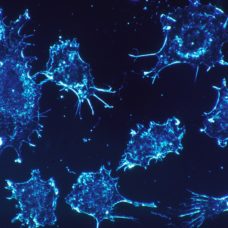A new HIV drug created by Israeli researchers passes its first human clinical trial.
Zion Medical, an Israel-based biotech company, just announced the results of the initial human clinical trial conducted for their new HIV drug. According to a statement released by the company, the drug called Gammora was able to eliminate up to 90 percent of the virus during the first four weeks of the trial.
Zion Medical developed the drug Gammora in collaboration with the Hebrew University in Jerusalem and the Sirion Biotech in Germany. The drug is designed to attack and kill the HIV-infected cells in the human body without causing damage to the healthy cells.
In the study, researchers randomly assigned nine participating patients from the Ronald Bata Memorial Hospital in Uganda to receive different doses of Gammora between four to five weeks in July and August of this year.
While the new HIV drug is still in its first stage of exploration, the results have already offered hope that a cure for the dreaded virus is possible.
“Most patients showed a significant reduction of the viral load of up to 90% from the baseline during the first four weeks,” Dr. Esmira Naftalim, Zion Medical’s head of development, said.
Read More: First HIV Immunotherapy Drug Passes Phase 1 Clinical Trial
How the HIV Drug Gammora Works
Gammora is a synthetic peptide compound developed from the HIV enzyme integrase. This is the same enzyme responsible for getting the genetic component of the virus into the infected cell’s DNA.
Gammora works by stimulating the integration of the HIV DNA fragments into the cell’s DNA up to a point where it triggers apoptosis — the process where the infected cells self-destruct.
California-based PolyPeptide Labs produced the peptide used in the development of Gammora. This peptide reportedly has a higher potential of curing HIV-infected patients than the commercially available HIV treatments available today.
Following the first stage of the trial, the Israeli researchers gave the participating patients the drug with additional retroviral treatment for another four to five weeks. The results of the second stage trial showed that the drug eliminated up to 99 percent of the viral load in the patients.
“These first clinical results were beyond our expectations and promises hope in finding a cure for the disease,” Dr. Naftalim went on to say.
The researchers expressed their excitement “to prove the efficiency” of their drug in a phase two trial with more volunteer patients over a more extended period. The next phase of the human clinical trial for Gammora is expected to commence in the coming months.



















I am really impressed with this news full of hope for PLWHA. I am a 19 year old male Kenyan student living positively. I am on medication with undetectable levels of viral load. i strongly wish to participate in phase 2 trial of the drug Gammora as a volunteer patient. Please advise me on how I can be recruited. I can be reached on 254790329960